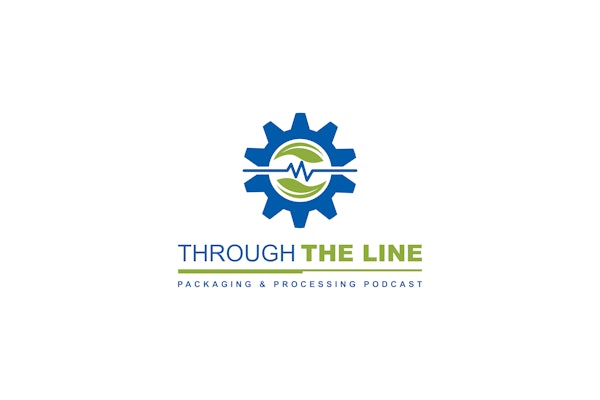Serialization provides a near real-time opportunity to view and dissect product movement data to capture business value, revenue enhancement, and ROI.
Here are 10 reasons to serialize now:
Brand protection—shine a light on cargo theft, pharmacy theft, counterfeiting, and diversion.
Reverse logistics—aid recalls, returns, withdrawals, chargebacks, rebates, and shrink/loss recovery.
Inventory control—better insight into raw materials ordering (though that’s not part of the California legislative picture right now), as well as process scheduling.
Workflow processes—increased productivity through reduced physical handling and decreased errors.
Marketing—ability to build consumer trust through verification (authentication) via online portal or 800 number. It’s not part of the California law, though it could be part of the legal framework in other countries.
Asset visibility—opens the door to the possibility of logistics transparency, including cold chain monitoring.
Order-to-cash—increasing visibility of exactly what items were delivered to a specific customer and where the goods traveled, for proof of delivery and authorization of payment.
Perfect order fulfillment—improving visibility of the exact item and quantities delivered and catching incorrect orders (caught when an attempt to authenticate an item shipped in error is made).
Returns—ability to detect returns that were not originally sold to the customer.
Recalls—with the addition of the expiration date and serial number in the barcode, companies can more readily determine if they have, or have had, a particular lot of a product in their inventory.
Consignment inventory—reporting the explicit serial number of an item that is held in consignment inventory can increase trust levels between trading partners in terms of tracking accuracy.
Competitive readiness—as mergers/acquisitions open new markets, or Marketing seeks to expand to another region of the world, your organization will be able to react faster and more efficiently by being able to meet local regulations anywhere.
Serialization should deliver organizational flexibility to respond to any global business opportunity. If properly implemented, it should allow manufacturers to prepare a correctly labeled package to meet any state or country’s rules and regulations, now and in the future, with as little customization as possible.
The key is flexibility. Don’t design and build a system that complies with California’s regulations, but can’t handle Japan’s move to single-line barcode. (Japan has recently updated its serialization requirements to replace the 2D DataMatrix data carrier with the DataBar, a stacked linear barcode. Some say this was to appease an industry already outfitted with linear barcode readers.)
Bake in flexibility; leverage local resources to deliver enterprise-wide compliance; layer encoding, local serial number management, enterprise systems, and country regulatory reporting.
Far beyond compliance with California law, the business case for a global serialization program is strong, and has already shown to be successful in many other industries, including apparel, auto parts, and consumer electronics.
Liked this article? Download the entire playbook here.






















